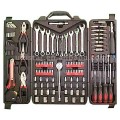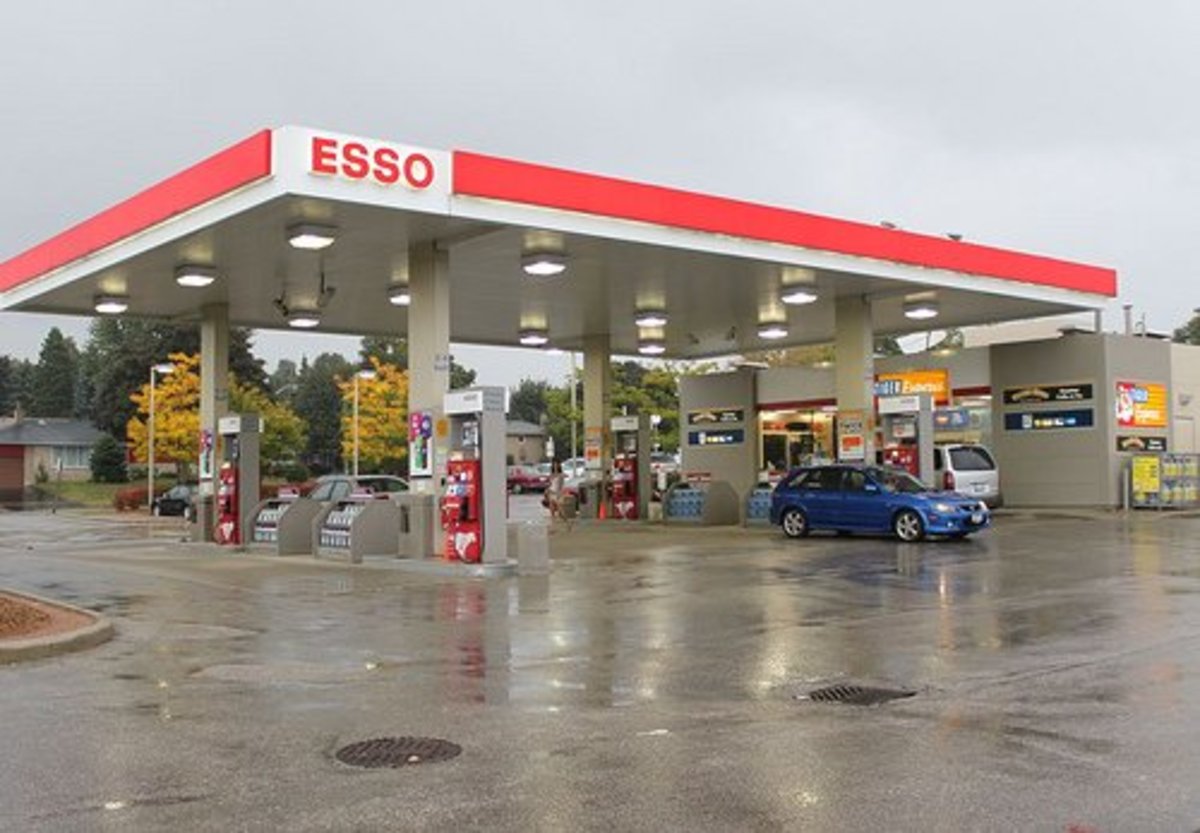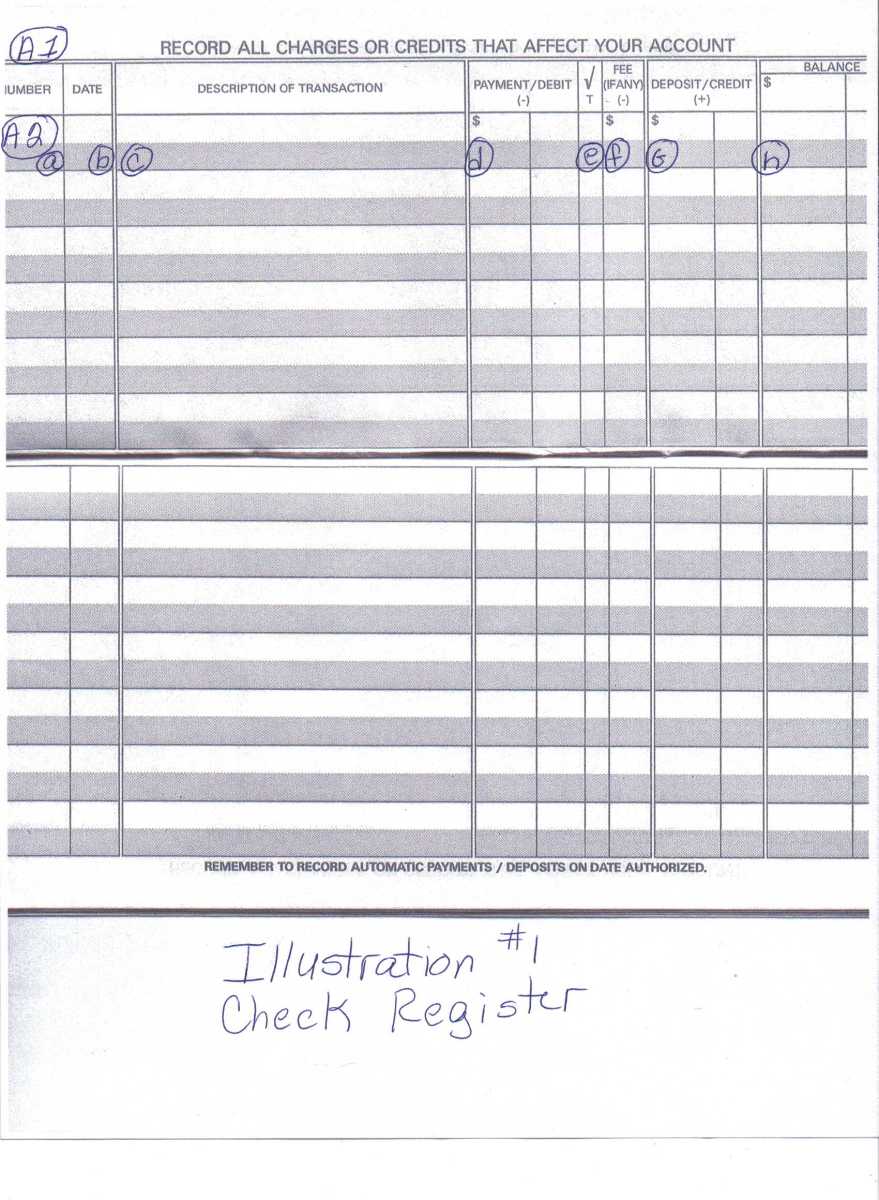Gasoline Saving Tips-30 Tips to Economize
Every week it seems as if gasoline prices continue to rise. This isn’t a phenomenon exclusive to the United States-it is a world-wide problem. So, what can one individual do to make the best of an uncontrollable situation?
First, stop thinking like a victim. Victims feel helpless, hopeless and powerless. Second, be pro-active. There are many ways that you can help your immediate family, plus a few ways that you can encourage change in your community.
Think: Car Maintenance
Maintain your car properly. If you do not have an owner’s manual to check the manufacturer’s recommendations for proper oil, octane, and air pressure in tires; along with other effective quality auto maintenance; then go online to look up the criteria for your particular vehicle.
1. Keep tires inflated with the right pressure-under-inflation cuts fuel economy annually by 2%.
2. Use the correct oil for the engine and change it regularly.
3. Use the right fuel-no need to pay for premium octane if regular will do. Pennies save do add up.
4. Keep the gas cap on-a loose fitting or missing cap will release gas vapors.
5. Don’t overfill your gas tank. Avoid gas spilling over if you continue to ‘top’ it off.
6. Keep your engine tuned up at regular intervals.
7. Keep fuel injectors clean. Deposits can decrease fuel usage by up to 11%.
8. Keep your car properly aligned.
9. Remove the excess ‘cargo’ in the trunk of your car.
10. Remove bike racks and other ‘carriers’, such as luggage racks, from the vehicle.
10 Fuel Saving Driving Advice
1. Don’t idle your car.
2. Warm up your vehicle for 30 – 60 seconds; any longer is wasting gas.
3. Avoid fast acceleration-keep a nice, steady pressure on the gas pedal.
4. Avoid tailgating-this creates a jerky ‘stop and go’ effect.
5. When possible avoid stop and go traffic, such as through construction zones.
6. Use cruise control on highways and expressways.
7. Don’t ‘rev’ the engine-it wastes gas.
8. Slow down-of course you will drive the posted speed limit, however, for each 5 miles over 60 mph, 24cents is lost with burning gas. Can you really afford tossing a fistful of dollars in exchange with faster speeds?
9. Hills-accelerate before the hill, not during the climb up.
10. Avoid rough roads, such as gravel, whenever possible. It slows you down and decreases your gas mileage by 30% overall.
Remember: Help your neighbor and you help yourself
No man is an island, and that is true in the gas crisis we are in. Help yourself and your neighbor by being economically frugal. There isn’t a better time to ‘know thy neighbor’ and help each other during trips to stores, etc. Here are a few helpful hints:
1. Car pool-that is the obvious. Whether joining co-workers or inviting a neighbor to share a shopping trip or drive to church on a Sunday morning, both driver and passenger benefit if this arrangement is clearly understood. One can reciprocate trips or be the one offering gas money to the ‘chauffer’.
2. Use HOV lanes. Some states, like California, offer commuters special lanes if traveling with parties of three or more.
3. Plan multiple errands in a sequential fashion. Commit to taking one and only one trip with the car daily. Coordinate all other errands around this one major appointment.
4. Check online for gas stations showing the best deals and lowest prices, then share this information with others. Perhaps this would mean emailing a ‘hot spot’; or perhaps, it may mean that you will create a grassroots ‘information newsletter’ for your community.
5. Use public transportation: bus lines, rails, subways, etc.
6. Walk-if you live within walking distance of stores or work, ‘hoof it’.
7. Use alternative transportation-people can be very innovative when they need to cut corners. Buying an ‘all purpose’ bike, with basket or saddlebags, is one alternative. Rollerblading or skateboarding is another fuel efficient way to get around. If there are city ordinances in using these items on the sidewalks read #6 and the beginning of #7.
8. Buy a fuel efficient car. HEV’s, (hybrid electric vehicles), are one type of hybrid car. The difference can be as much as a 10 mpg increase in some models.
9. Gas up in the early morning or late evening when the gasoline is denser and you get more bang for your buck.
10. Cool off with windows lowered and decrease the use of your A/C system. Unless you live in a hot zone, keeping you’re a/c off will help conserve gas. However, don’t lower your windows on the highway-it lowers the car’s resistance during fast speeds, and causes an increase in the amount of fuel used.








